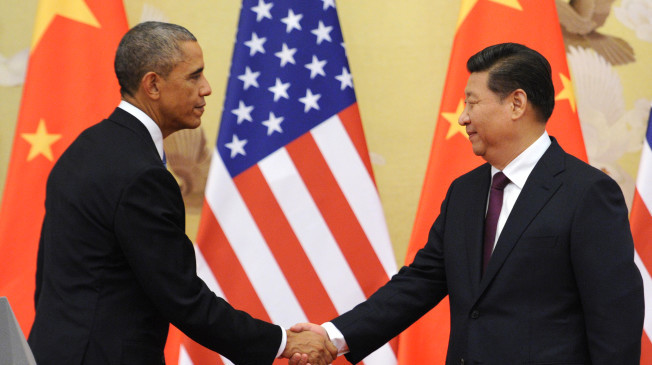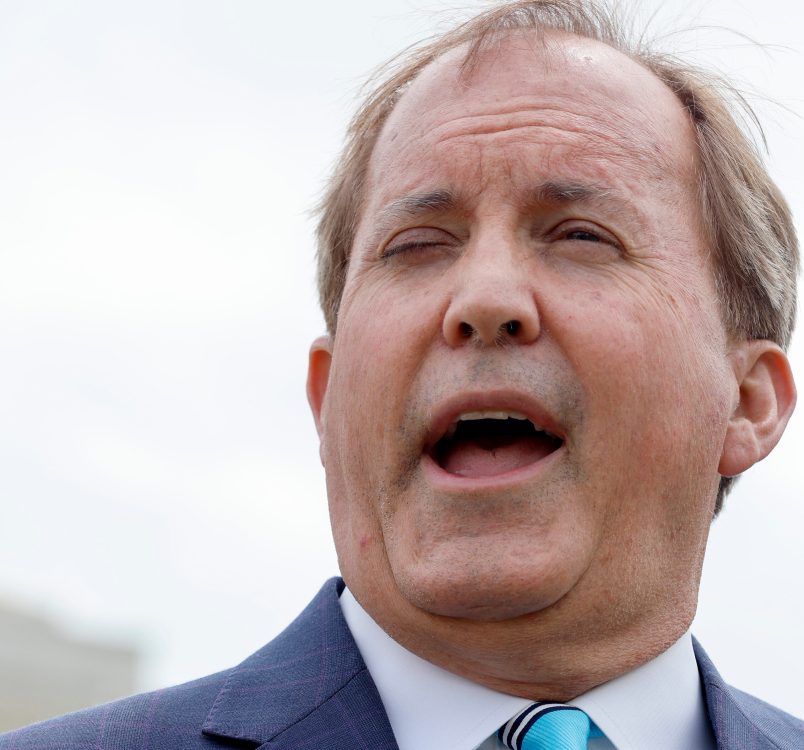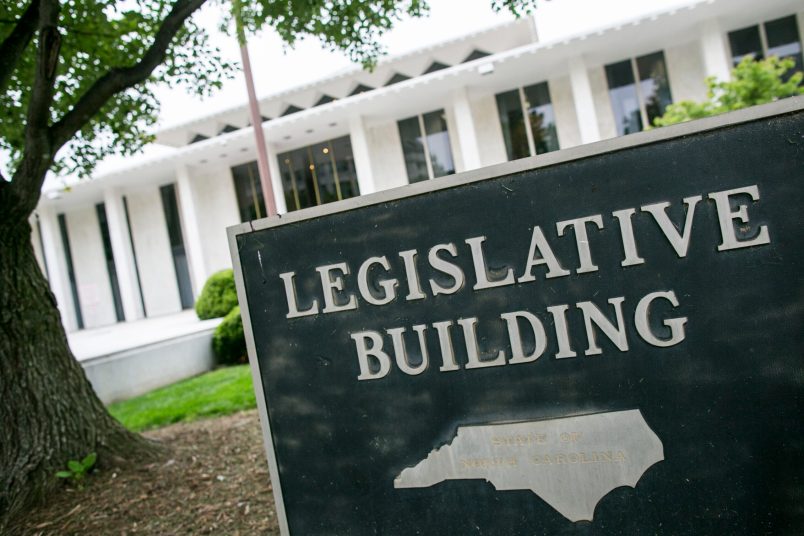As the U.S. nears becoming a net exporter of natural gas, the resulting energy supply and abundance can go a long way to improving American strength and diplomacy abroad.
Here are five ways that America’s natural gas reserves could improve U.S. standing in global affairs:
These reserves could promote cleaner energy use abroad.
In recent years, historic climate change pacts have been signed between global partners to reduce emissions over the next 15 years. Fresh off this kind of agreement with China, the White House is eager to make progress with other countries. American liquefied natural gas exports could go a long way to promote this campaign, offering a clear, climate-friendly alternative to countries that now rely on dirtier sources of energy.
These reserves could reduce America’s trade deficit.
When the U.S. trade deficit hit comparative lows in 2013, expanded oil and natural gas production played a significant role. That’s according to the most recent White House Economic Report of the President. Not only will continued growth of a reliable U.S. energy supply reduce our trade deficit, it will also drive greater investment and create more jobs here at home.

The reserves could strengthen ties with European allies.
The U.S. could supply liquefied natural gas exports to Europe with a more streamlined permitting process at home or through trade agreements, like that currently being negotiated with the European Union. Several Eastern European countries have formed a group called LNG Allies with a mission of creating “a more liquid global natural gas marketplace and to provide America’s allies with enhanced fuel diversity and energy security.” The real goal? Getting more gas into Europe.

These reserves could answer Russia’s hardball energy tactics.
Russian President Vladimir Putin has made a habit of using his country’s natural gas reserves to bully and intimidate. Threats earlier this year to shut off supplies to pipelines in Ukraine means potential disruption of energy supplies for U.S. allies across Europe, which import about 30-percent of their natural gas from Russia. More natural gas exports to Europe could ultimately undermine Russia’s position as the region’s dominant natural gas supplier.

These reserves could improve relations with Turkey.
Turkey is a key regional player in Europe, but relations with the U.S. have been tested by disagreements over response to the crisis in Syria. While Turkey has deep economic ties to U.S. allies in Europe, it also depends on Russia and Iran to meet its energy needs. A new energy alliance with Turkey based on natural gas could tip that scale towards the U.S. and its European allies, based on recent report from the Brookings Institution. The move could also help revive Turkey’s faltering economy.







